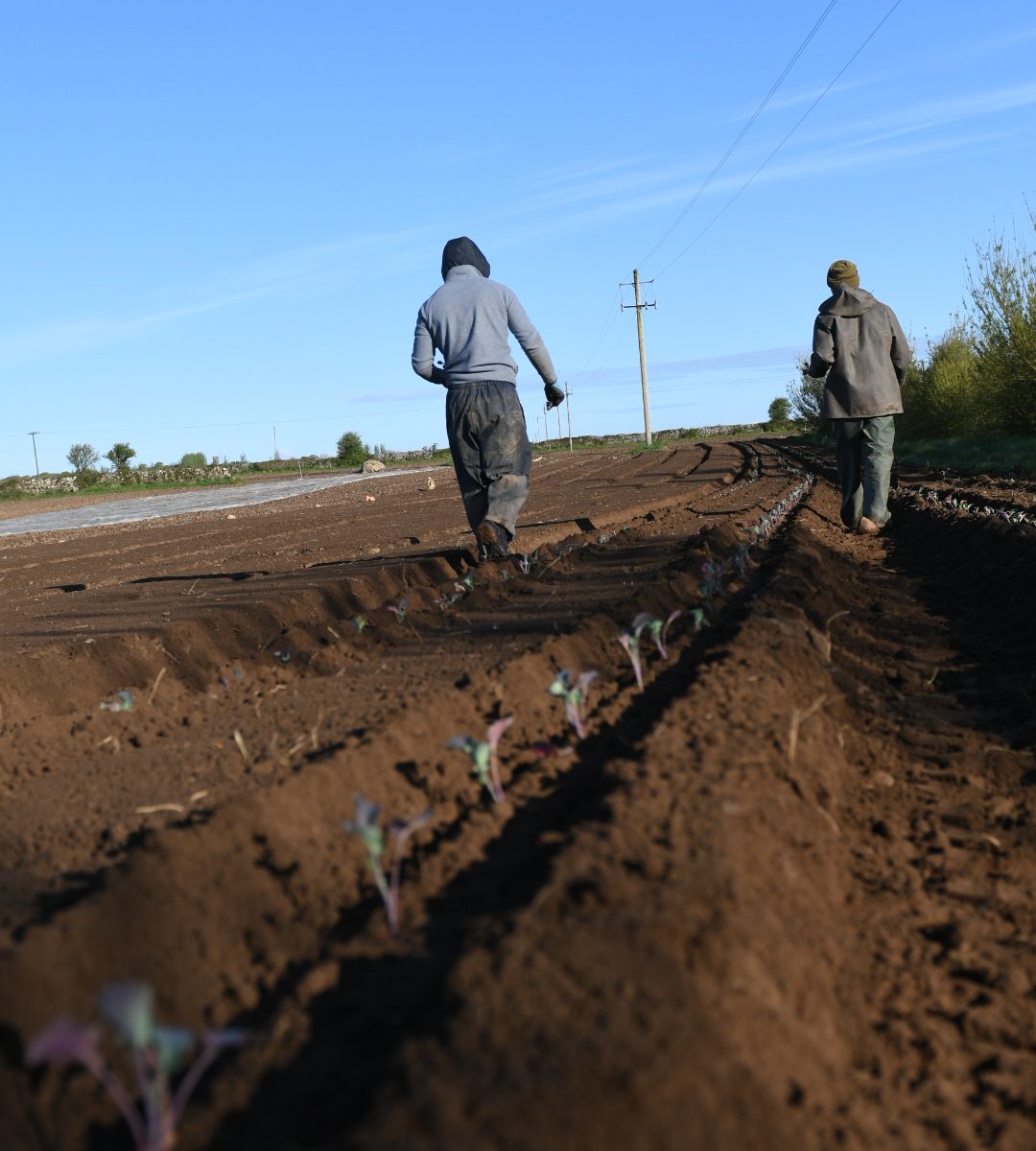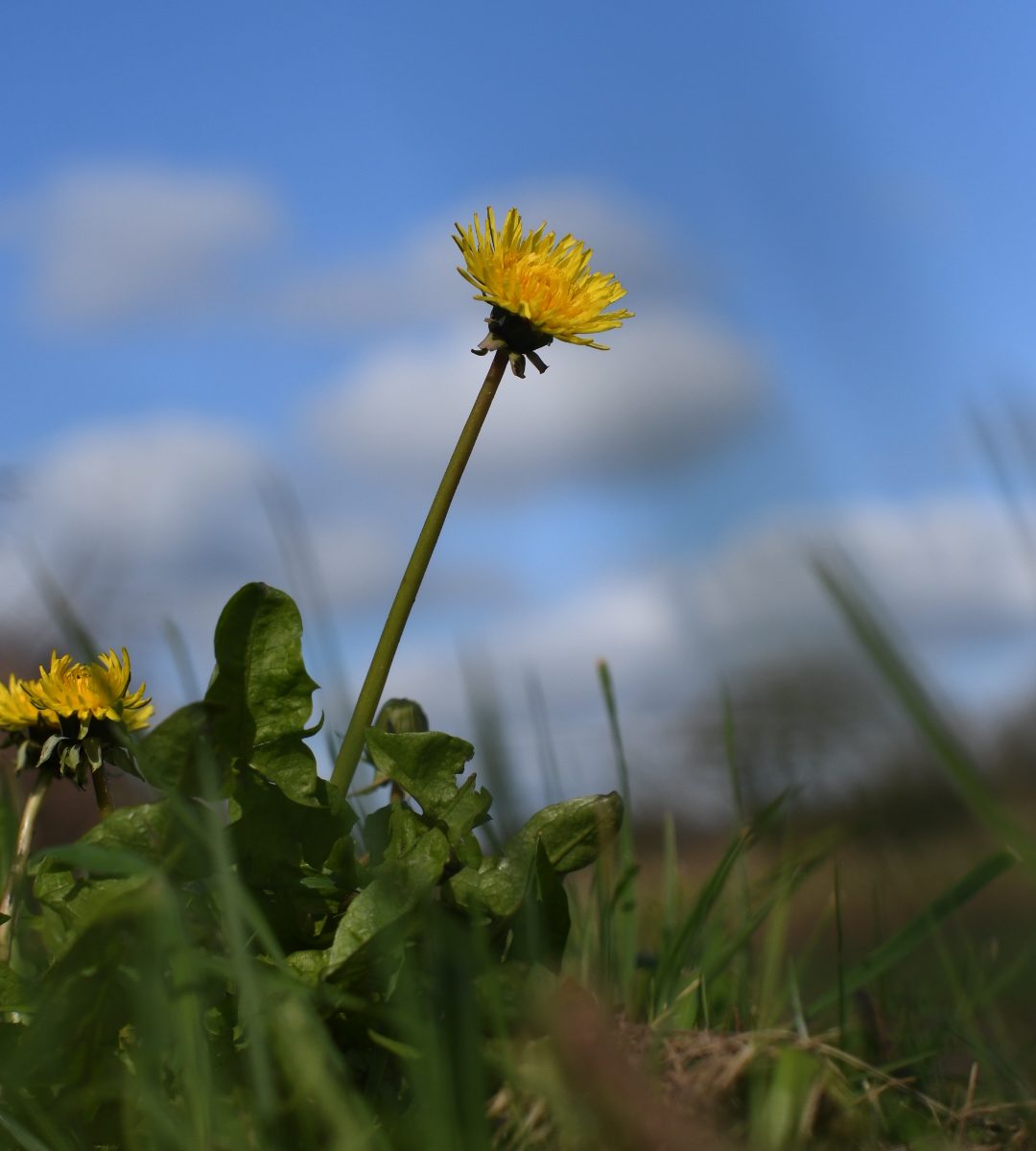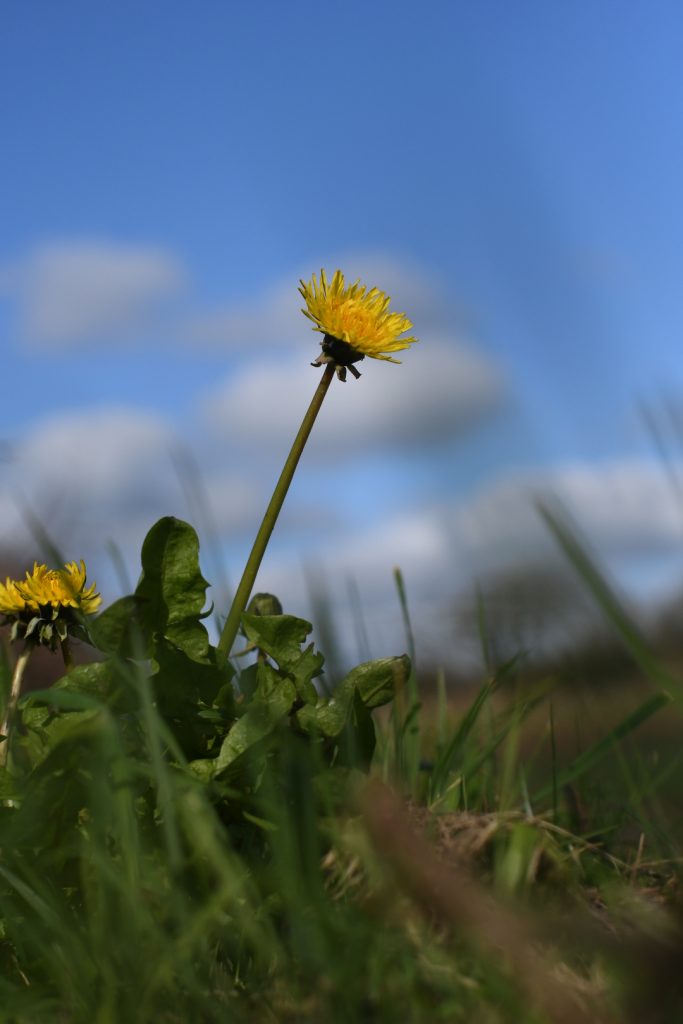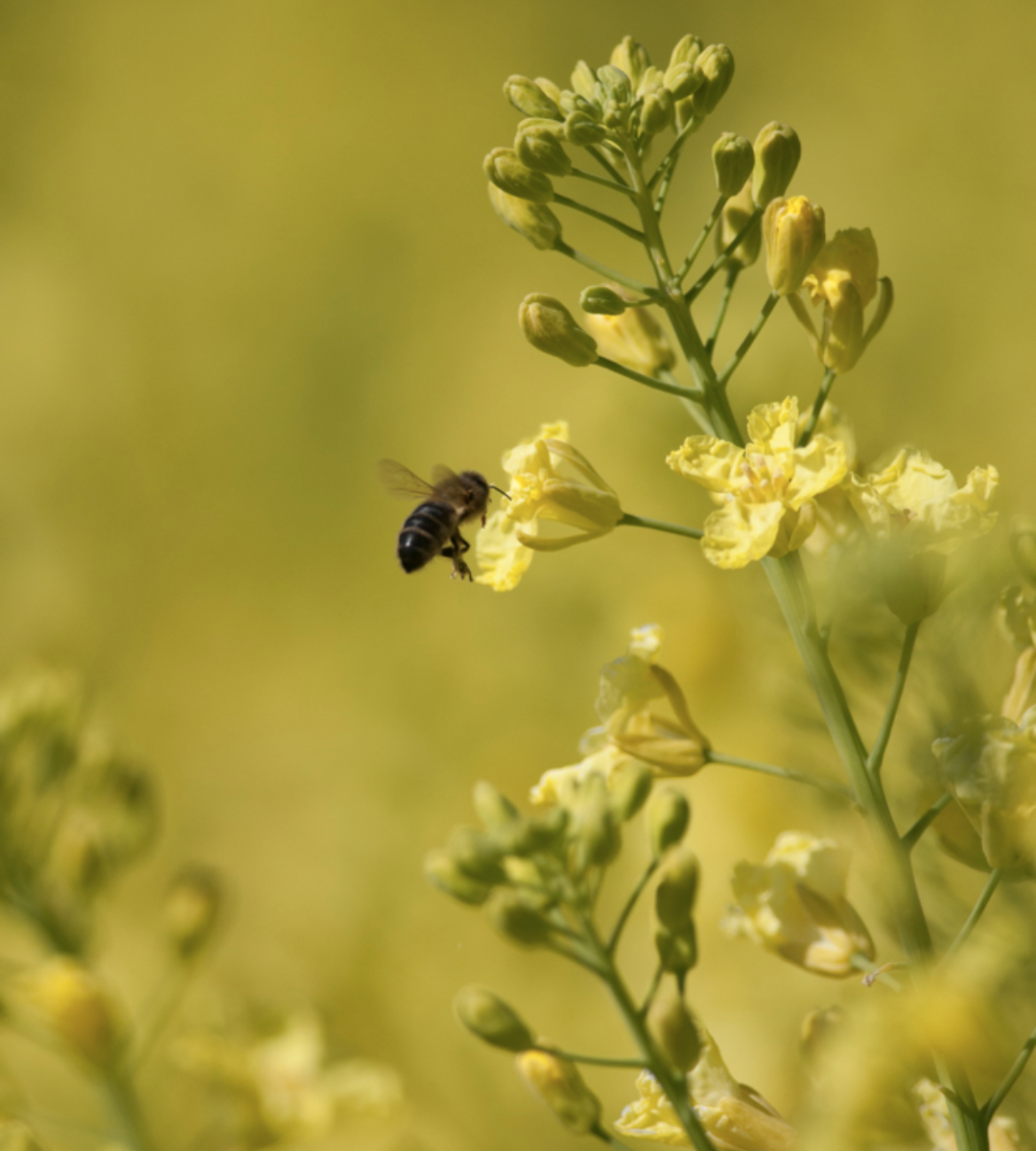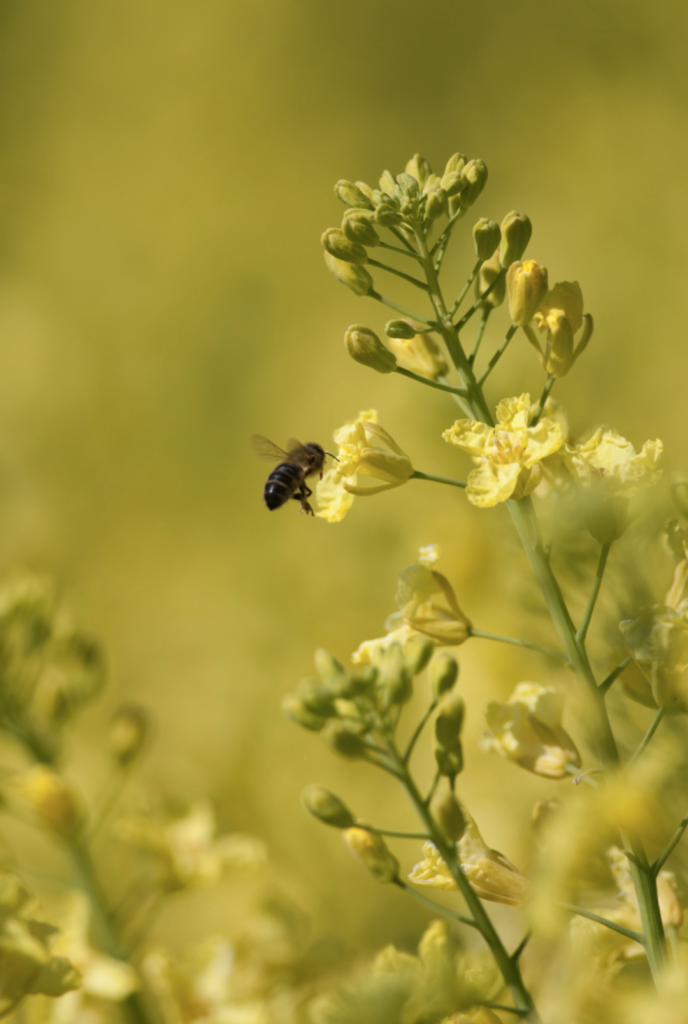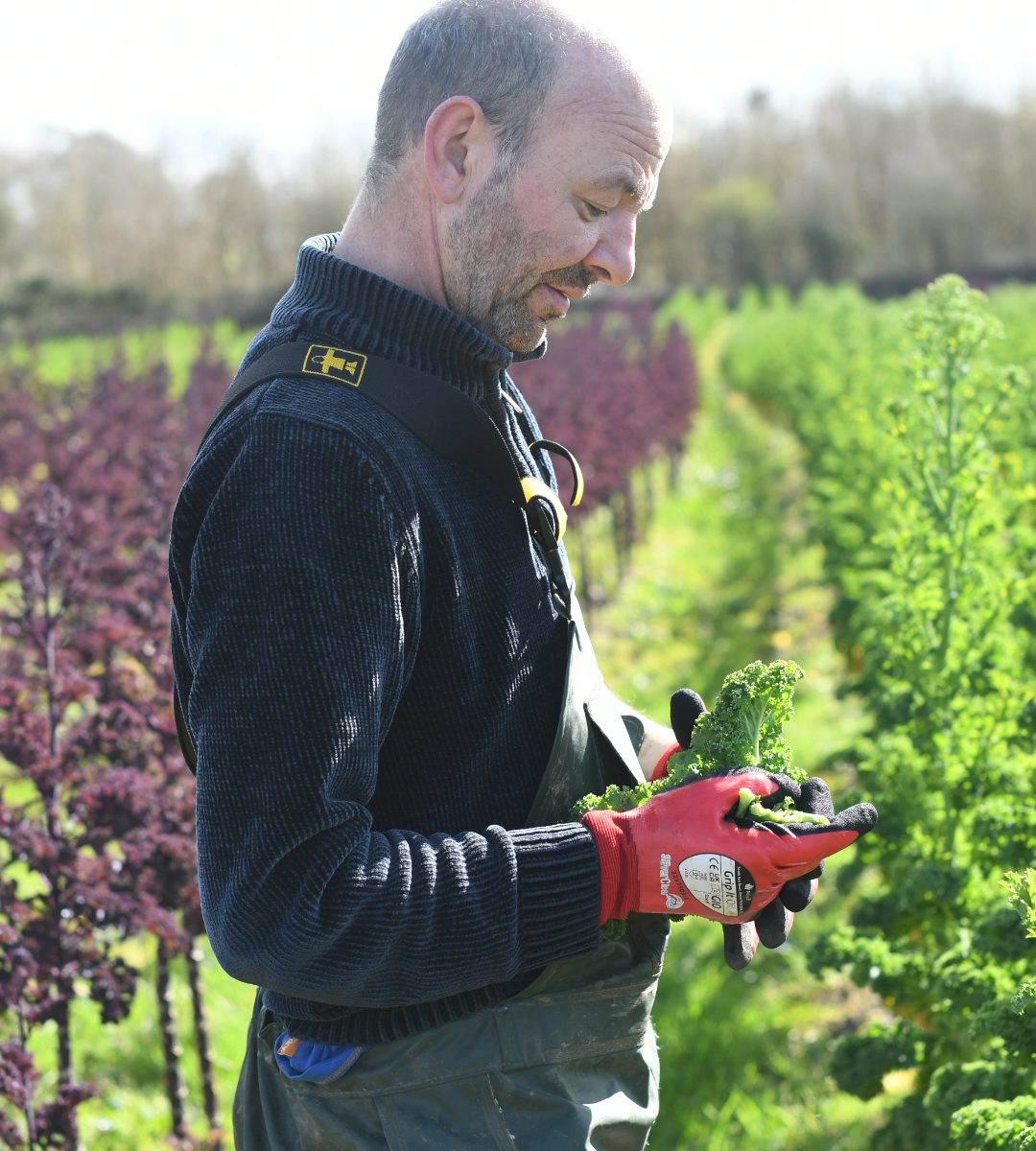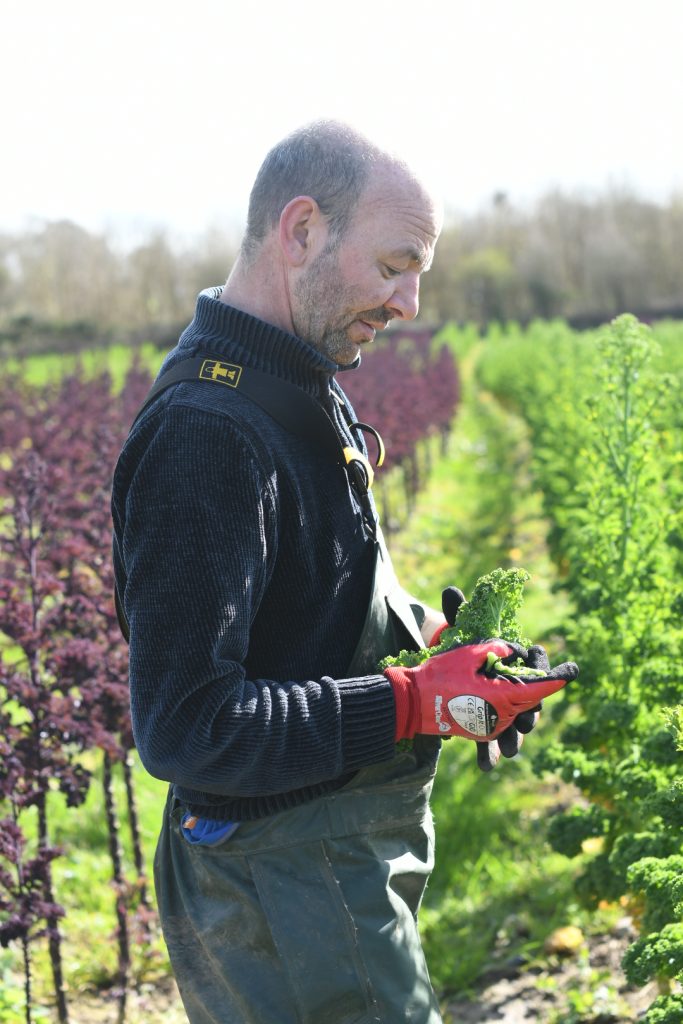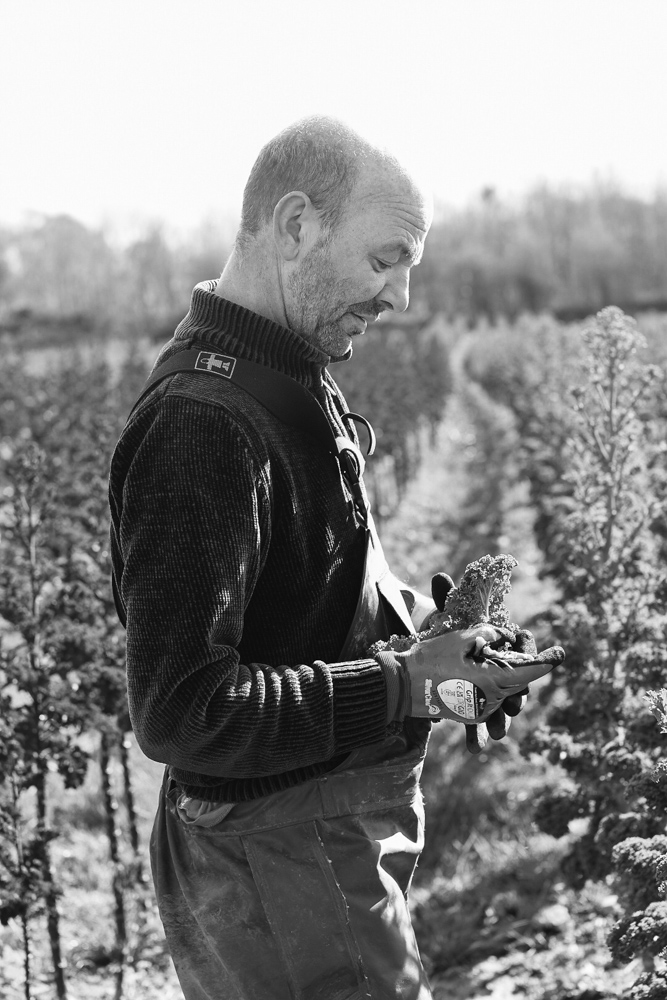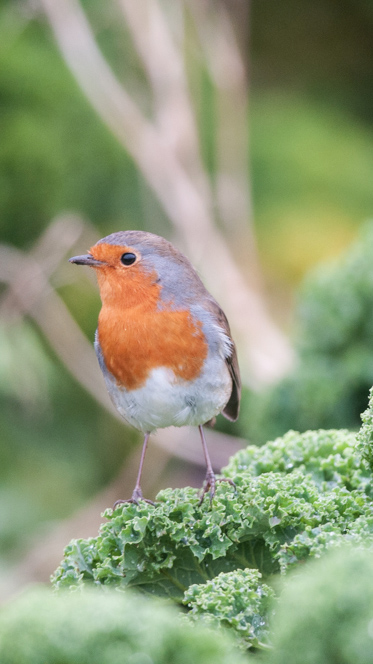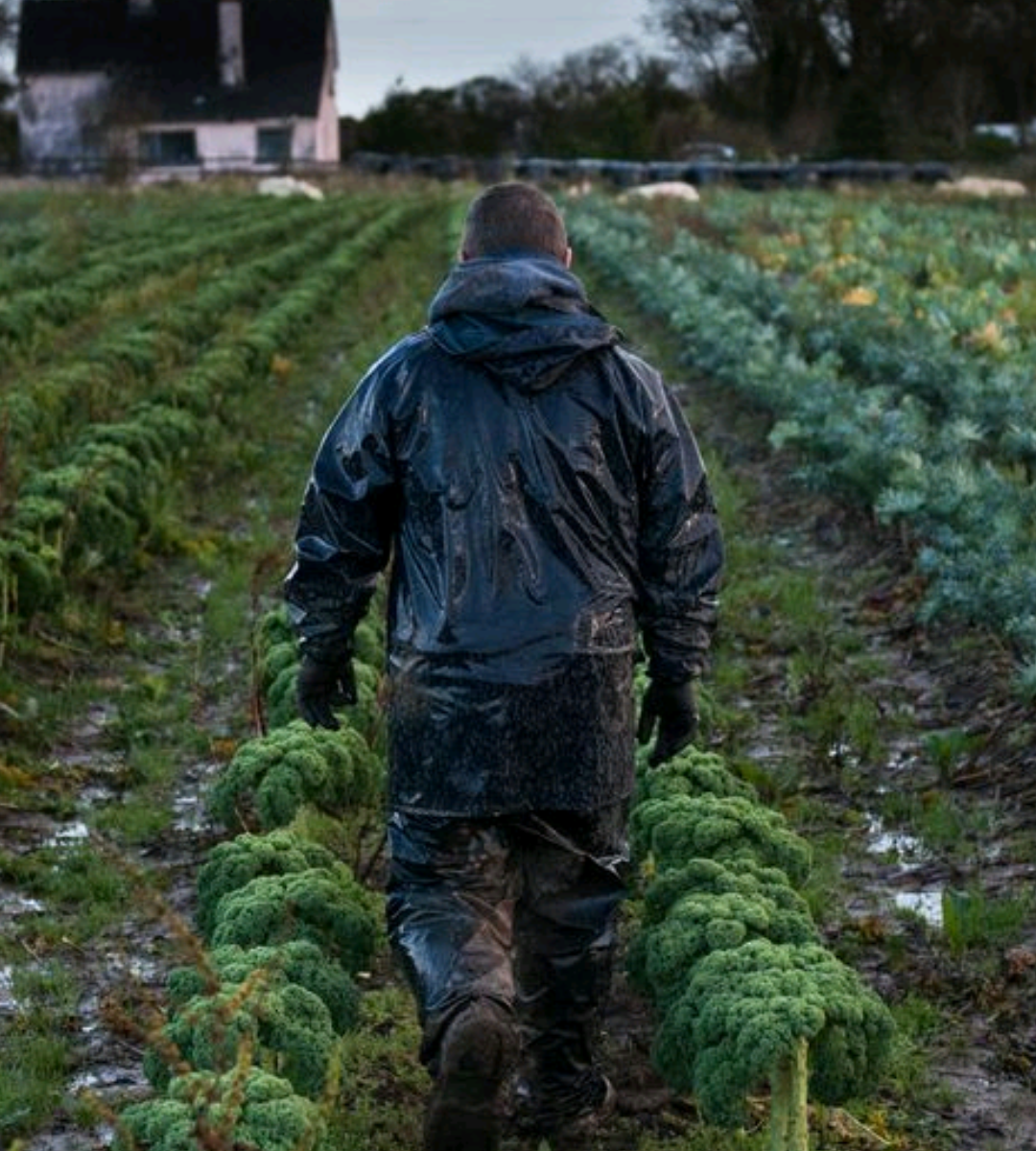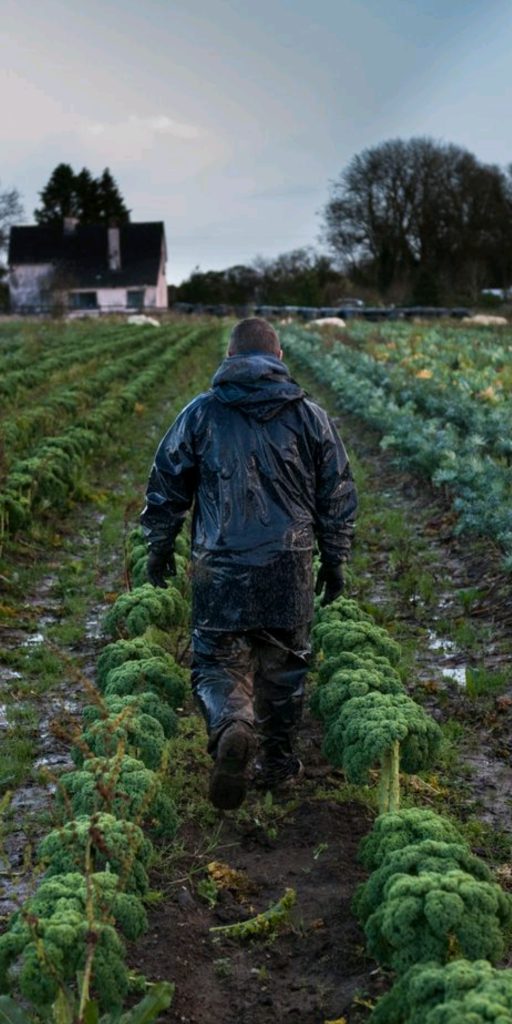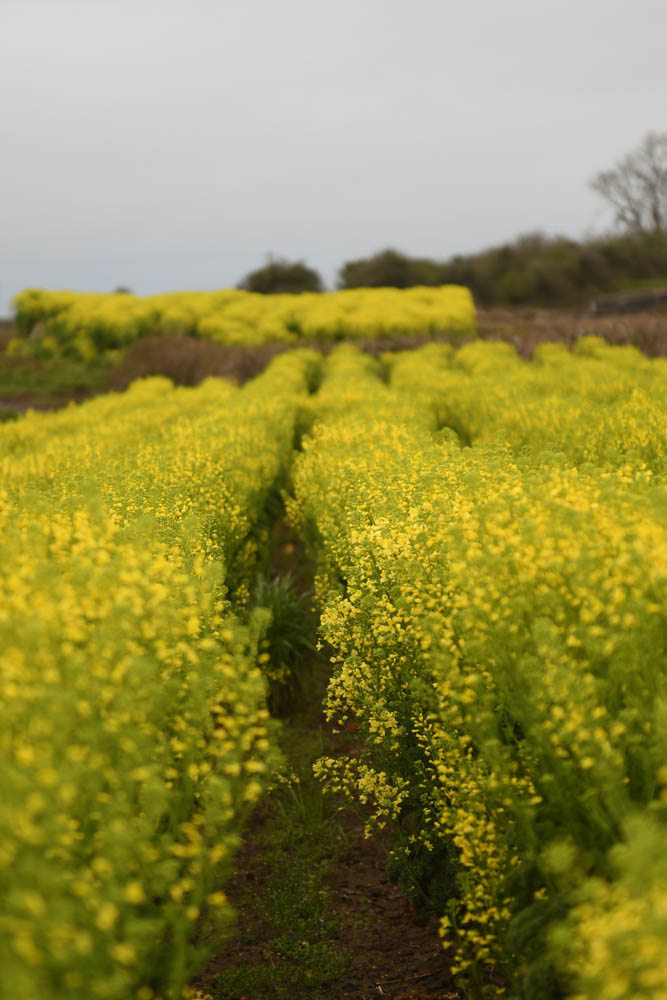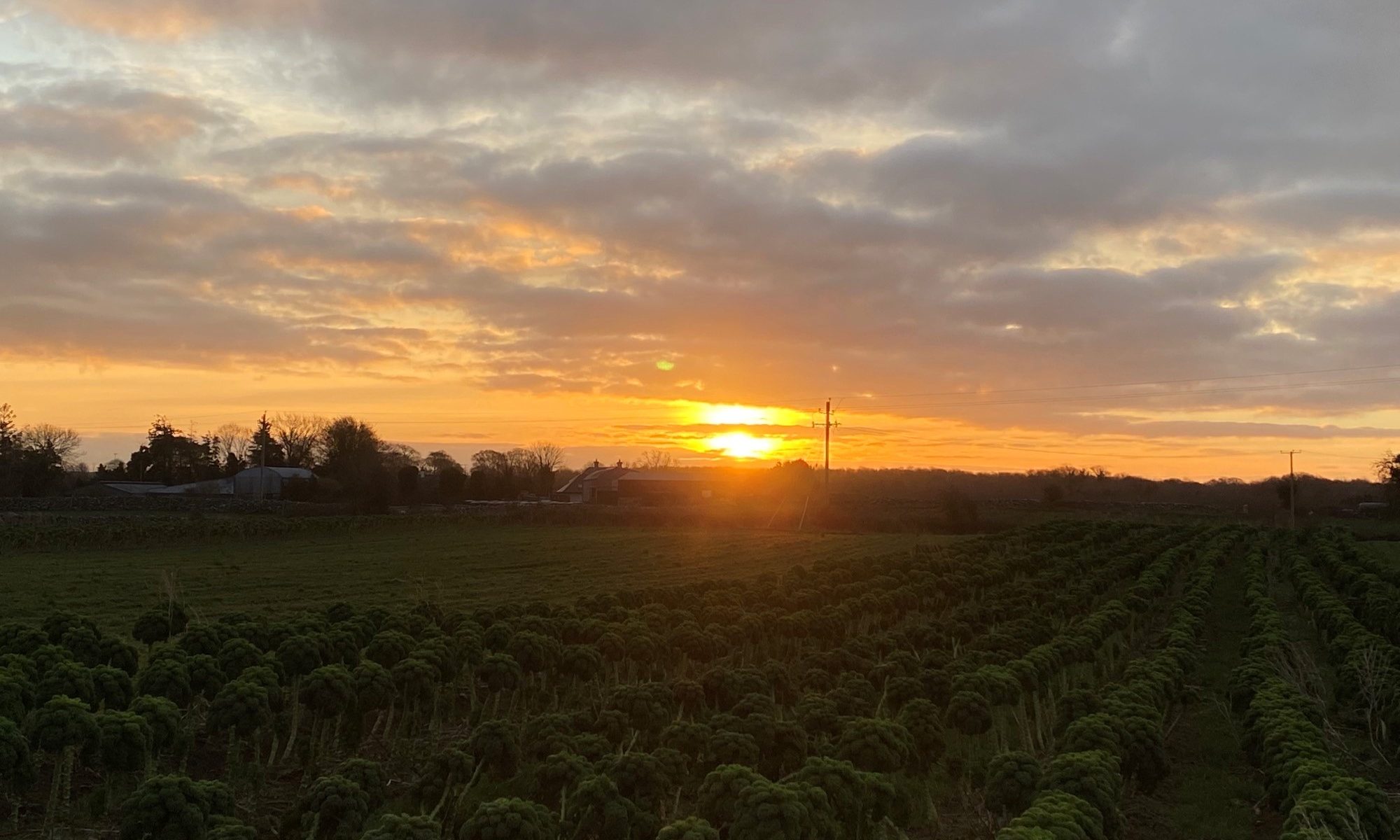During the week somebody raised a valid point, how can we speak about climate change with any conviction when we import food. I have been considering this since and felt it was a point worth addressing.
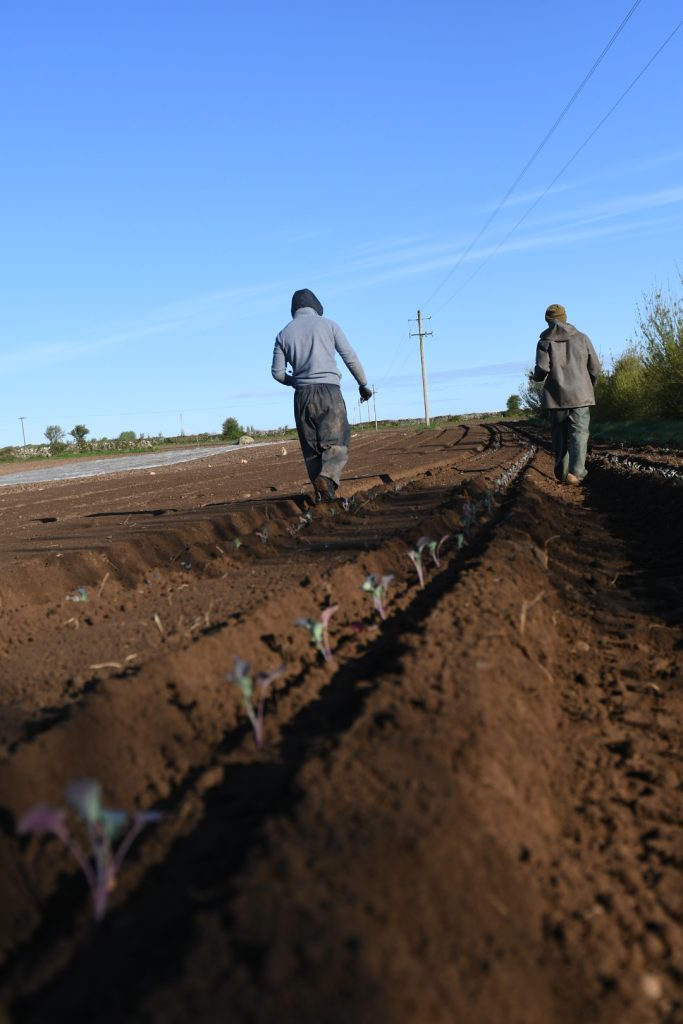
We do import food and especially now it is more prevalent than at other times during the year, this is the hungry gap and we simply do not have Irish produce in abundance.
We do import food during other times of the year also and yes that food arrives here on the island of Ireland by truck. It is important to note that we never import food by plane as do many supermarkets. We also have other sourcing policies that some may find contentious such as never buying produce from Israel.
There is in fact no other option if we want to eat tomatoes or peppers or carrots at present but to import, there simply is no commercial Irish supply. This has been particularly exacerbated by the horrendous growing season last year and the equally disastrous start to spring. We are not a market garden, and we need to grow in scale to have the necessary produce to fill our boxes each week, we are commercial organic vegetable farm. I think it is equally important to point out that there are very few of our type of farm at our scale in the country, a handful maybe.
Right now we are preparing fields we have planted some of our polytunnels and have just put our first plants in the ground this week. This will mean if the weather plays ball and these days that is a big if, we will be harvesting the first kale say in July.
Can we as a result of the issues above talk about climate breakdown and how it effects our farming? Can we voice our opinions on why we think large scale factory farming is horrendous and wrong? Can we say we disagree with deforestation in the amazon to feed the animal industries voracious appetite for GM soya? Can we offer an opinion on the fact that we think trees and hedgerows should be an integral part of the farming landscape in Ireland? Can we state the fact that if there was less meat consumed and more plants that less land would be required for agriculture, irrespective whether you eat meat or not, this is simply a fact?
Our intention is to shine a light on these issues whilst being mindful of people’s preferences for food, which is deeply personal, it is a delicate balance. Whilst also acknowledging that there are phenomenal hardworking farmers of all types in Ireland. Farming is a tremendously precarious industry and that government led encouragement to intensification means many farmers have few choices to change the way they farm.
The idea of the “Green Deal” in Europe being abandoned deeply upsets me and I feel it is a sad day in European evolution, the basic principle that we look after the land and set aside more for nature is exactly what we need to do. But how can farmers who to an extent have been encouraged by certain political parties be expected to foot the bill for these changes at least to a degree, when the price of food is so remarkably low, it is not the farmers and it never is that win from inflation led food price increases or indeed the smaller retailers. It is the large corporates and giant retailers they are the only winners, and they always win.
The bottom line again of course comes back to the system that we now function within, our food system is inherently broken, and it needs to change.
So, whilst we import produce, we also grow 11 acres of vegetables plus 7 polytunnels worth on a farm of nearly 20 acres, some of which is left to forestry, hedgerows and general rewilding. We have agreements with several organic vegetable growers across Ireland to supply crops that we do not grow, such as potatoes, and carrots, and scallions and cucumbers and many more. All grown organically and in Ireland when in season.
I started this business because my fundamental belief to change our food system and protect our planet are dear to me. We are a small farm by any one’s reckoning but we absolutely do what we can.
We will continue to talk about things that will be disagreeable to some, to many maybe, we hope too to encourage others to think that maybe there is another way, that may provide a small ray of light and that leads to a path of change, after all, we all have power and choices to make change real.
And of course, as I say each week and it is something I mean wholeheartedly, without you spending your money with us and buying the produce we sell whether it is grown by us, or some other Irish organic farmer, or an organic farmer in Spain, we would not be able to run our farm here, and support the other sustainable ethical farmers we buy produce from and we would not have this forum to say what we believe and what we hope some of you believe too.
So, I hope to that person that raised the issue that this has helped address some of your points.
Thank you for your support you make all this possible.
Kenneth

